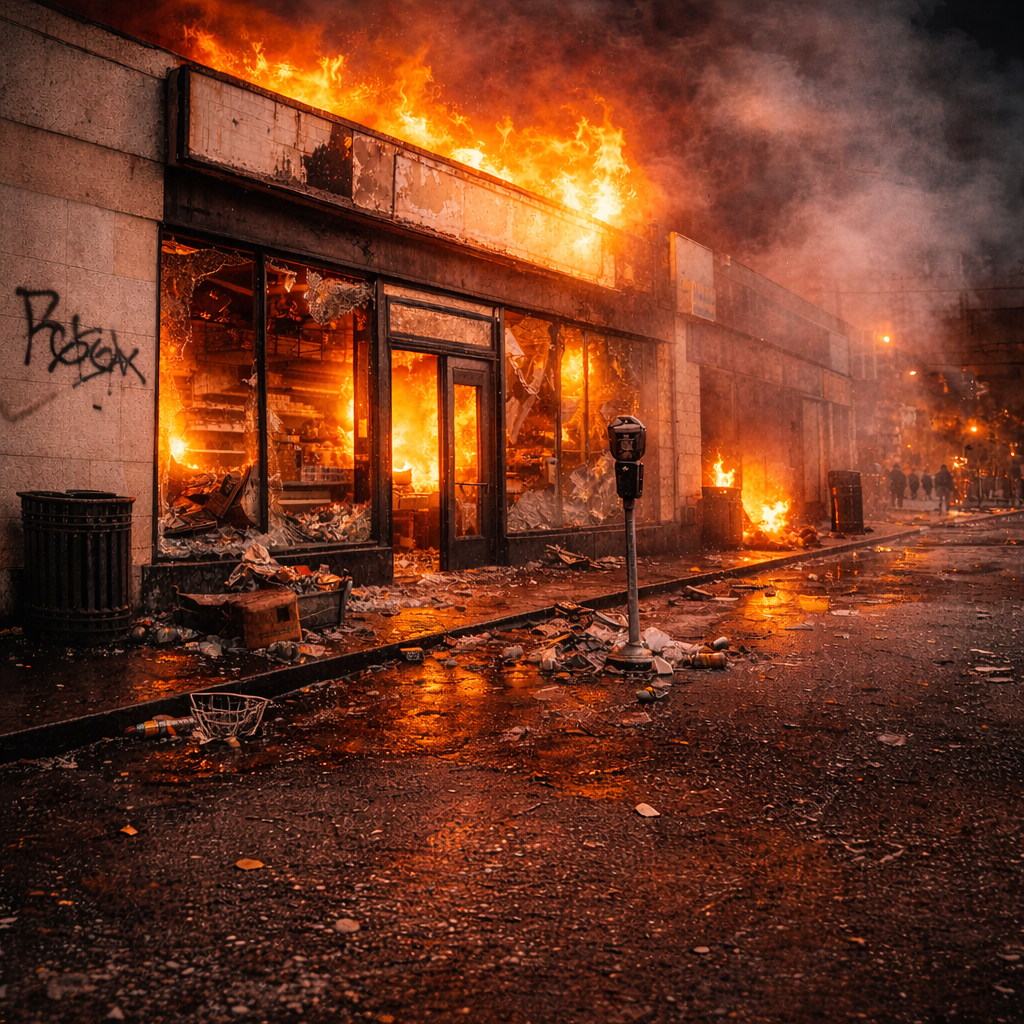Riot, Vandalism, and Civil Unrest: Will Your Insurance Cover the Damage? What Property Owners Need to Know
When riots or civil unrest lead to property damage, most homeowners and business owners are unsure if their insurance will pay. This blog breaks down how insurance companies classify riot-related events, when damage may be covered, and how to protect your rights in the event of widespread chaos. Read before the next unexpected event strikes.






